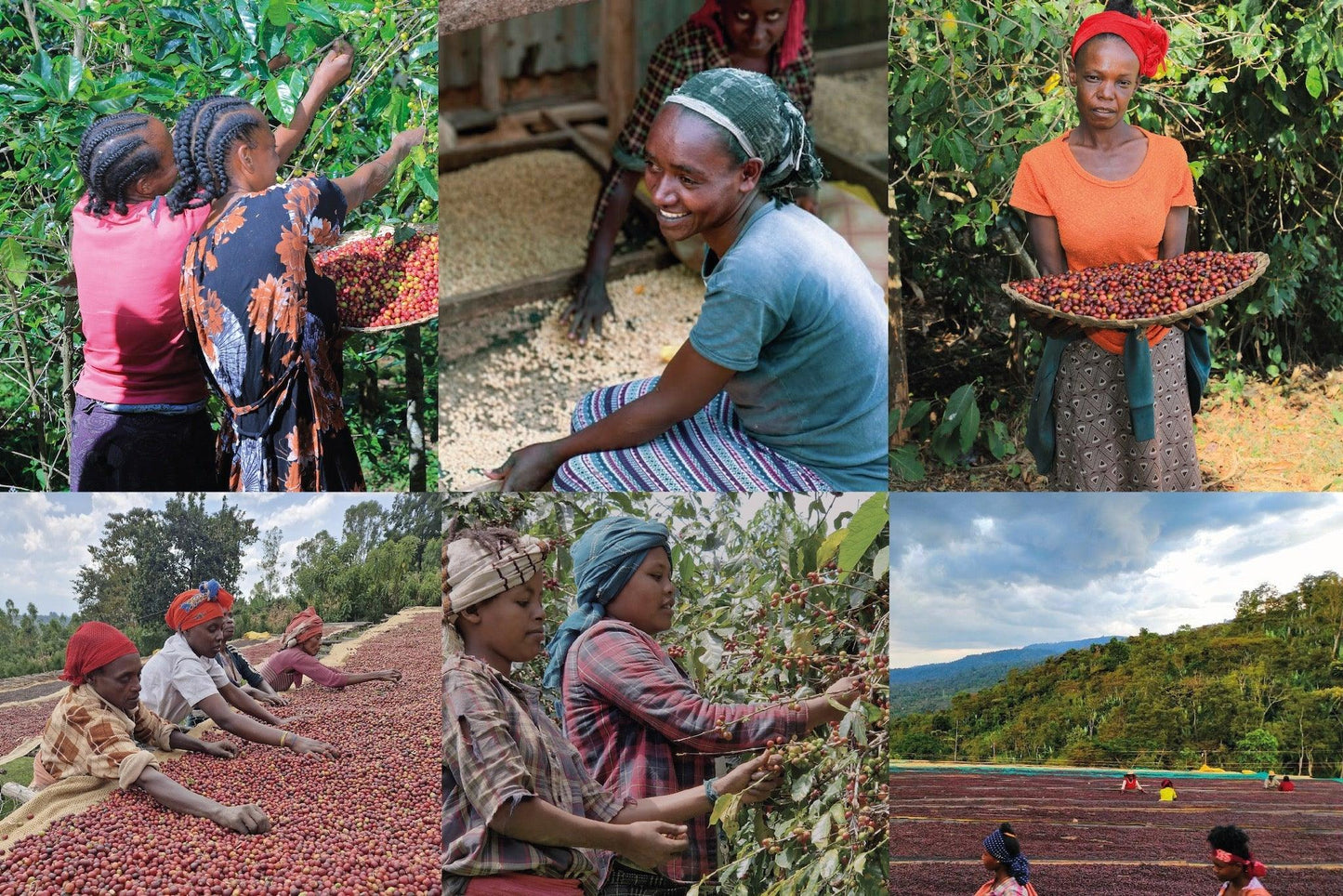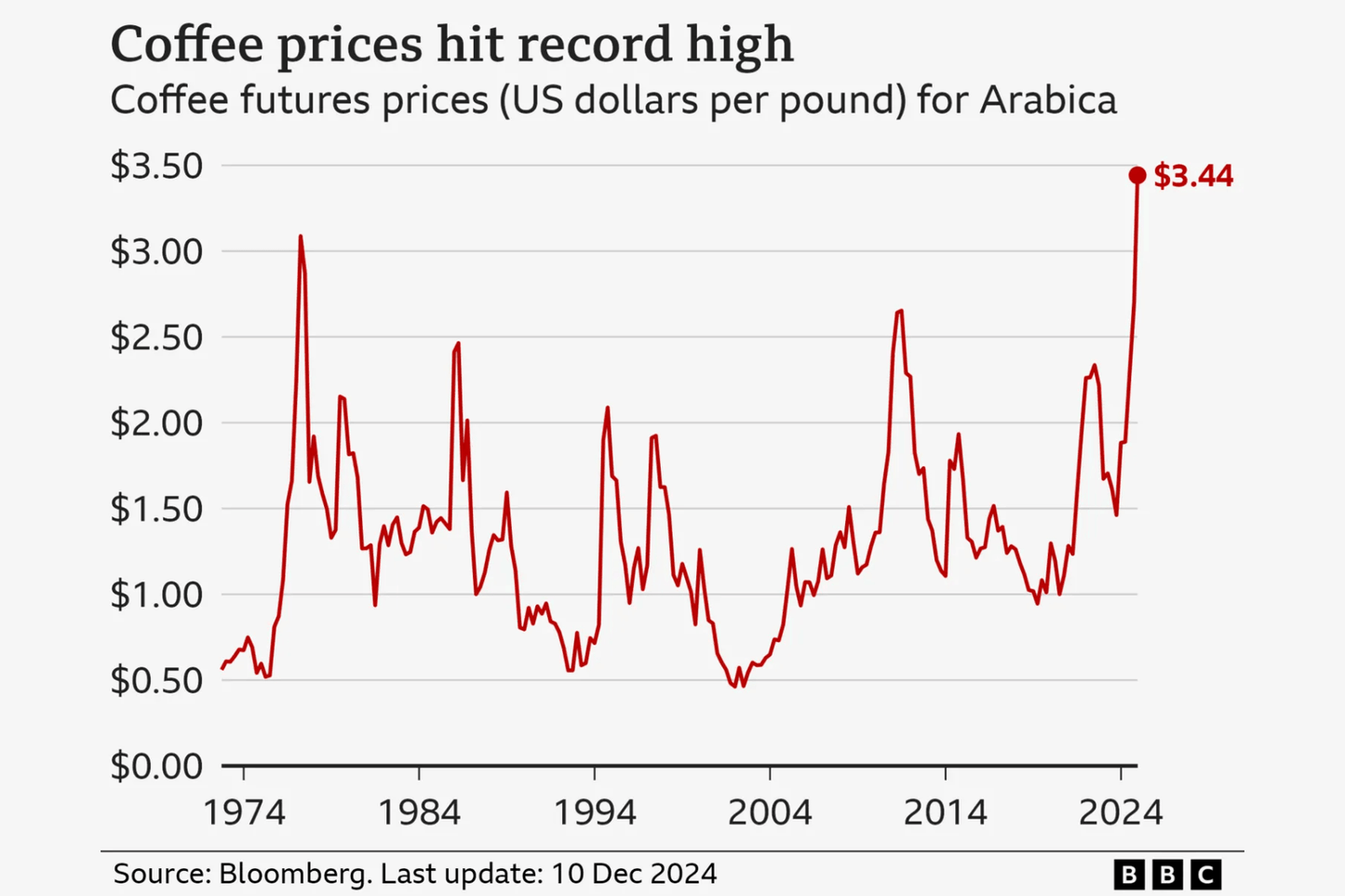What are you usually looking for when having your everyday coffee? The flavor? The aroma? Or the caffeine load to kick-start your morning? If it is the flavor, you are at the right place.
Coffee flavor is a very broad and subjective quality, so we will break it down for you. Did you know that coffee beans contain 300 flavor constituents while roasted coffee has, even more, reaching up to 900 flavor constituents making the task of finding the best flavor harder? Not to forget to mention that there are many factors that impact the flavor of your coffee. For example, the quality of water, brewing method, or the coffee bean's origin can affect how your cup of coffee will taste.
Flavor consists of many different sensations. Our mouths feel the temperature, texture, weight, or so-called body of the coffee. The taste buds can experience different levels of sweetness, bitterness, acidity, saltiness, and spices. Receptors in the olfactory epithelium system are responsible for recognizing aromas. The flavors that we like are a combination of satisfied senses or positive memories that work in harmony and signal our brains to release dopamine. As our olfactory epithelium contains over 40 million receptors to differentiate molecules from aromas, the associations to flavors can vary a lot. So, now that we know how the human body detects and processes flavors, we can look more in-depth about the three primary coffee variable flavors.
Sweetness
When you hear the word sweetness, the first thing that comes to your mind is probably - sugar. And when you hear the word sugar, you probably think of the tiny white granules that we use on a daily basis. However, this is not necessarily true when it comes to the sweetness in the coffee. Roasted coffee beans contain only around 0.2 percent sugars which go down to 0.06 percent when mixed with water. Long-chain polysaccharides are responsible for the sugary flavor characteristics, with less actual sweetness than the type of sugar you use daily. The intensity of coffee bean roasting controls the sweetness in the coffee bean by releasing aromatics and sweet, caramelized traces of complex sugars. Factors like coffee's viscosity could impact the sweetness of the brew in the cup.
Bitterness
Bitterness has always been treated as an unpleasant flavor, but that's a bit unfair. For coffee drinkers' bitterness is one of the main factors that could determine if the coffee is good or not. Bitterness is usually compared to sourness as it gives a sour aftertaste and sensations. This helps to balance out the sweetness and contributes to acidity. The presence of bitterness in a cup of coffee usually comes down to overextraction. The longer you let the coffee contact water, the more bitter the coffee will be. Of course, other factors that were previously mentioned, like level of roast, grind size, and brewing temperature, can impact the level of bitterness in your coffee. The darker the roast of the coffee, the bitter it will be since darker coffee has higher solubility. The responsible compounds in coffee for bitterness are trigonelline and quinic acid.
Acidity
It might sound unusual to call acidity a flavor, but it's one of the main flavor factors in the coffee world. Acidity is an important element, providing unique fruity flavors adding freshness to your brewed coffee. The most abundant acids in coffee are citric, malic, lactic, and acetic acids. However, these acids are just providing your cup of coffee with flavor accents as there is a presence of sweetness and bitterness that could ruin your perception of acidity. Also, the roasting process can mess with acidity. Factors like temperature can change or even destroy some of the acids. The concentration of acids or pH stands around 5,8, which later drops to 4,8 after the roasting process.
To navigate easier in the world of coffee flavors, the so-called coffee tasting wheel has been used for more than two decades. It is an iconic tool for grouping or describing flavors, developed in 1995, making it easier to find out what flavors to expect in coffee.
There is no doubt that a bit of insight into the flavors can change your daily cup of coffee. Each of the three flavors complements each other to make the best flavor combinations. It's always nice to experiment with variables and try different brewing methods or coffee beans, as the options are limitless.
You can find a guide for different brewing methods here, and visit our shop to treat yourself with high quality Ethiopian specialty coffee.





